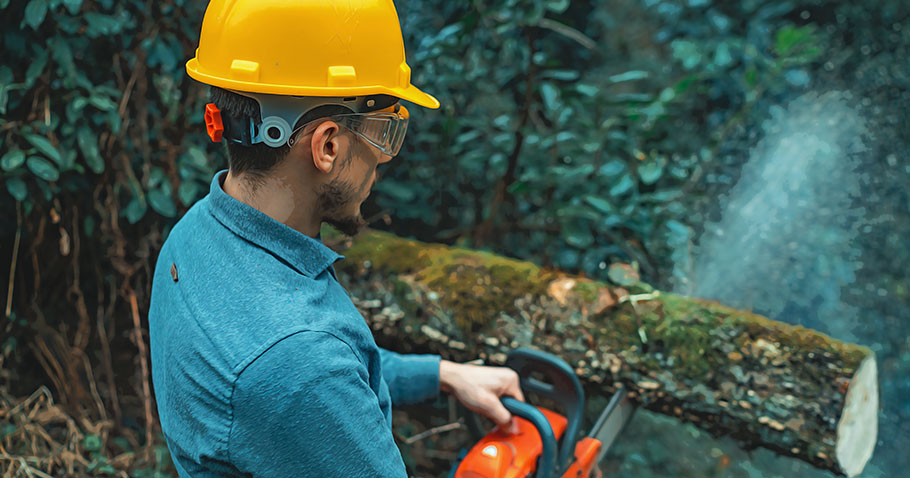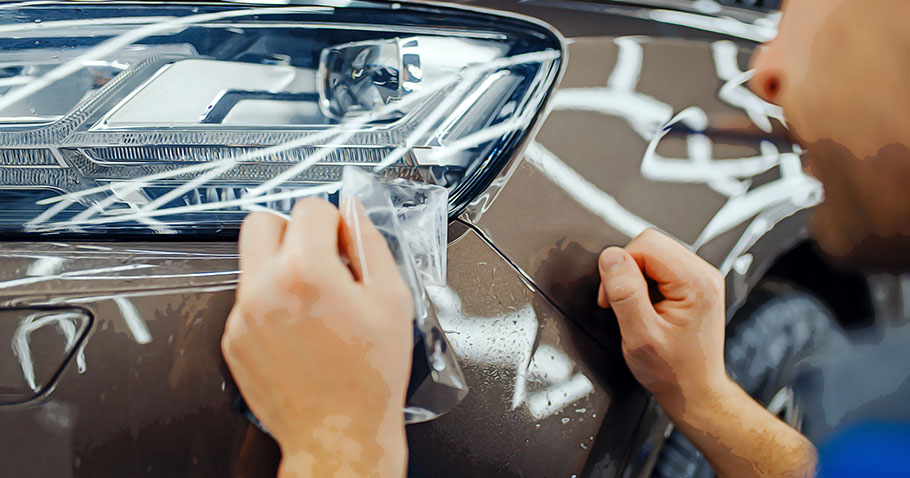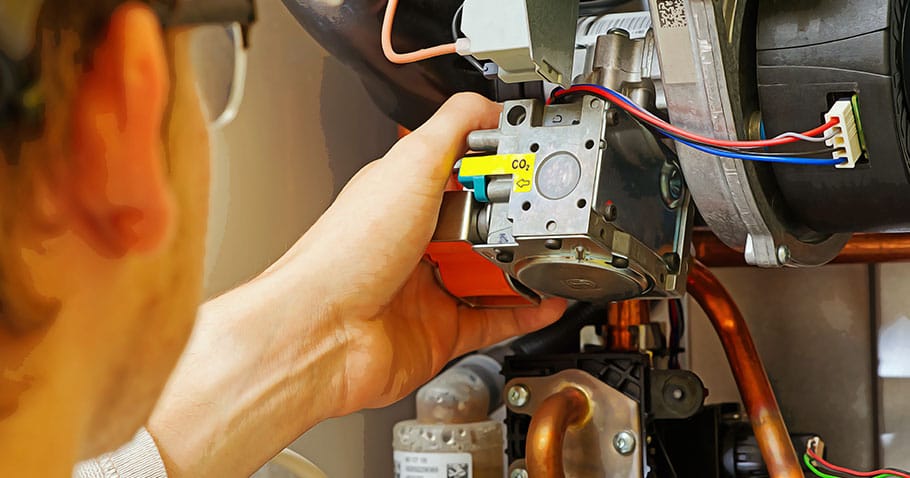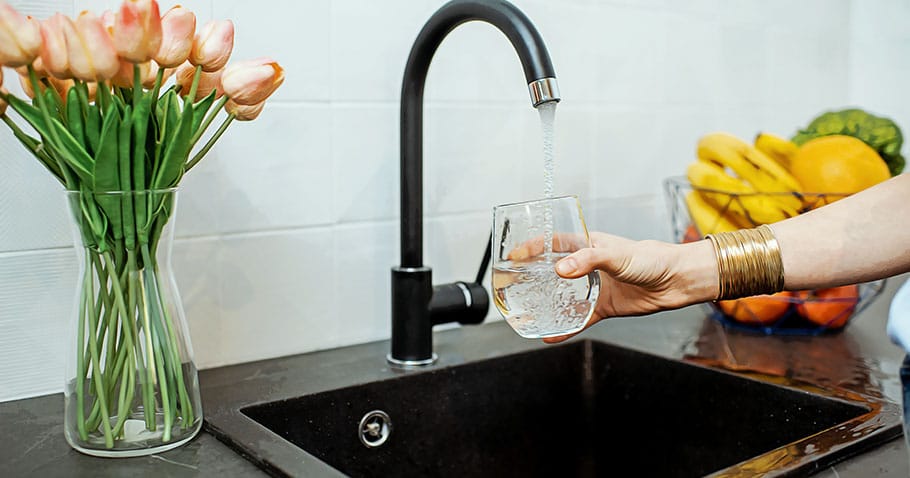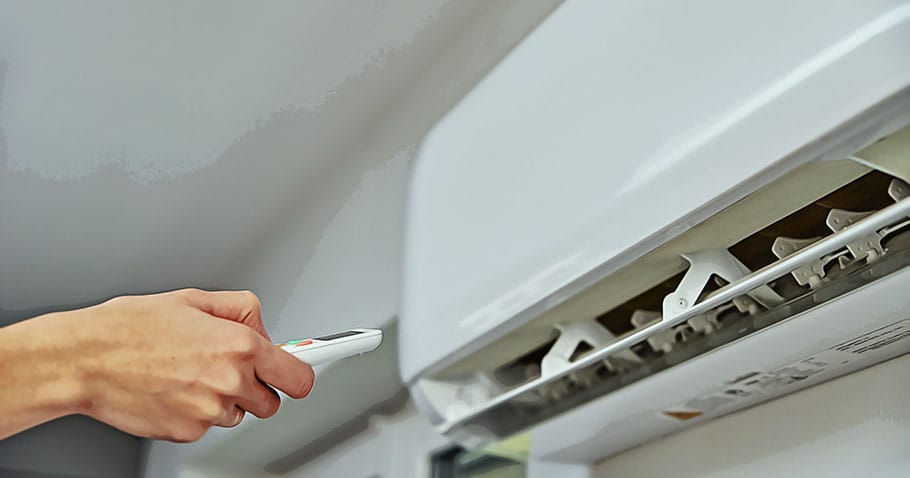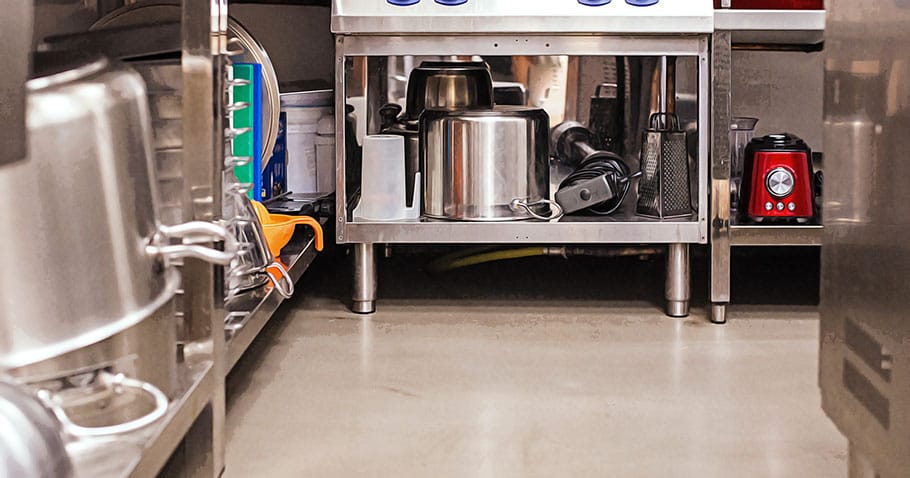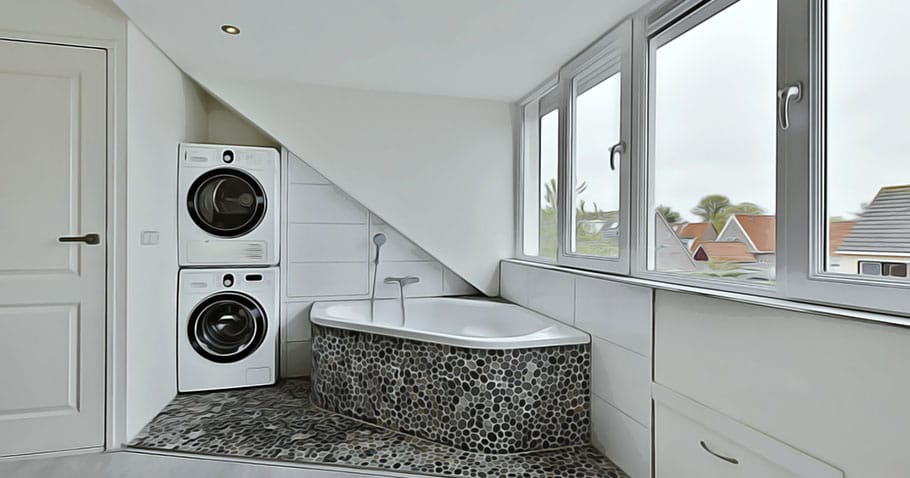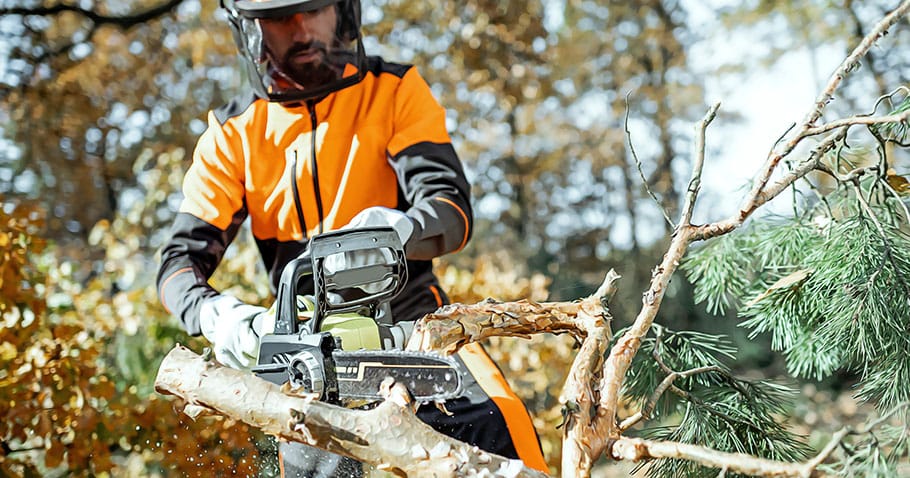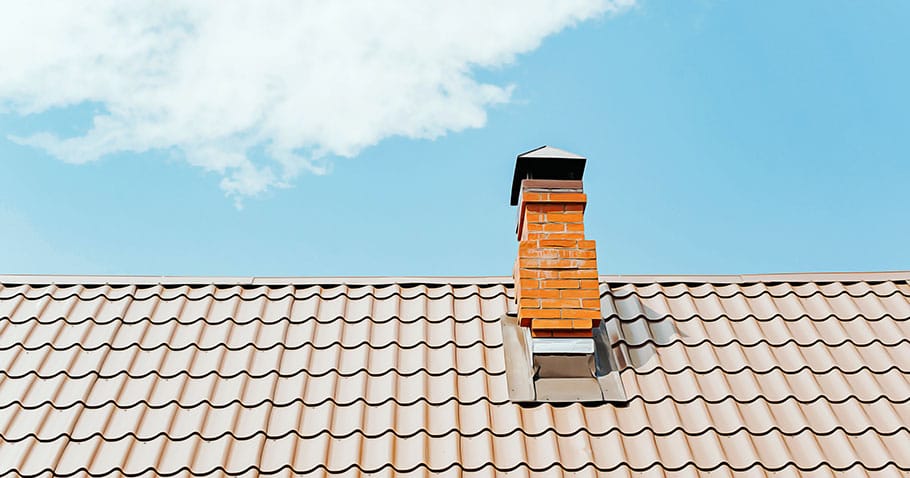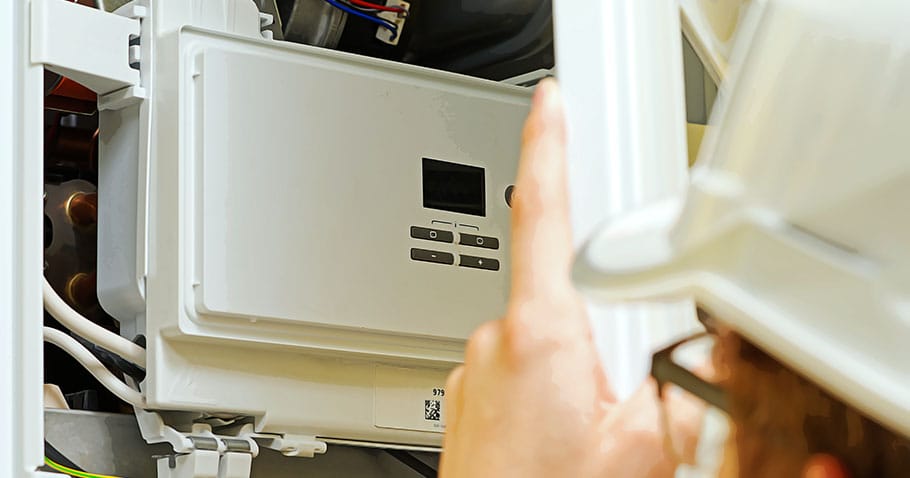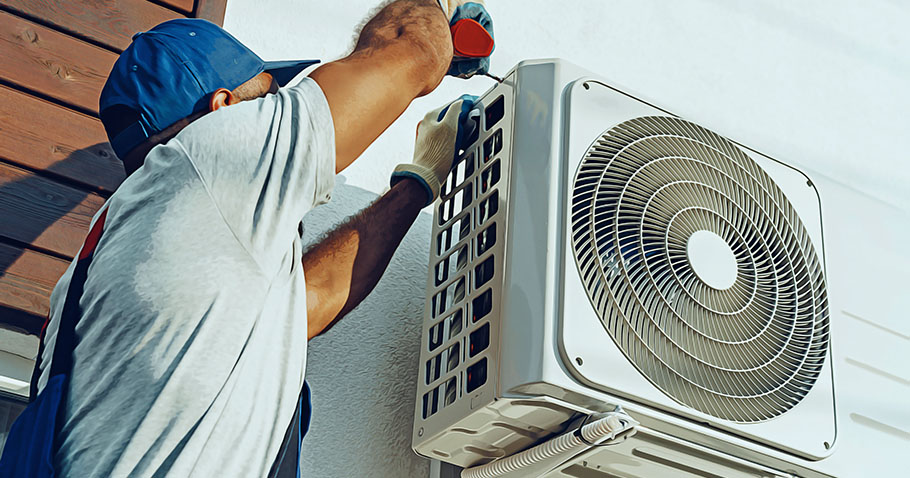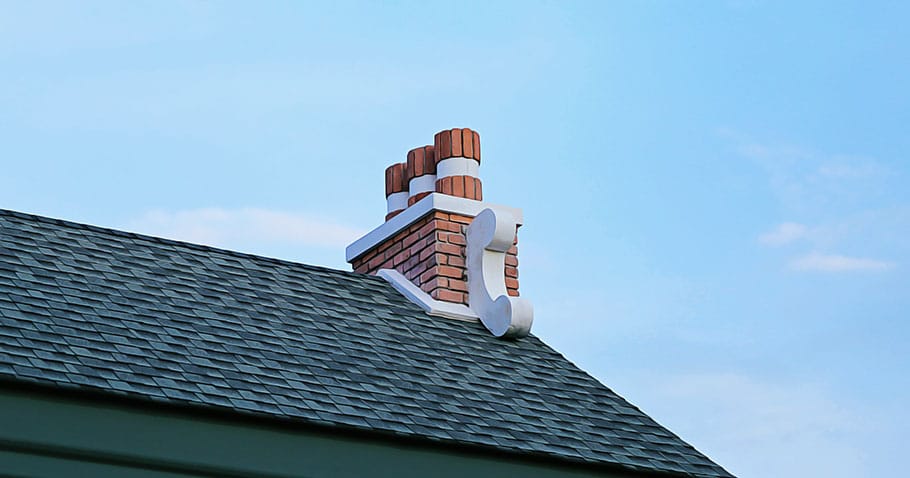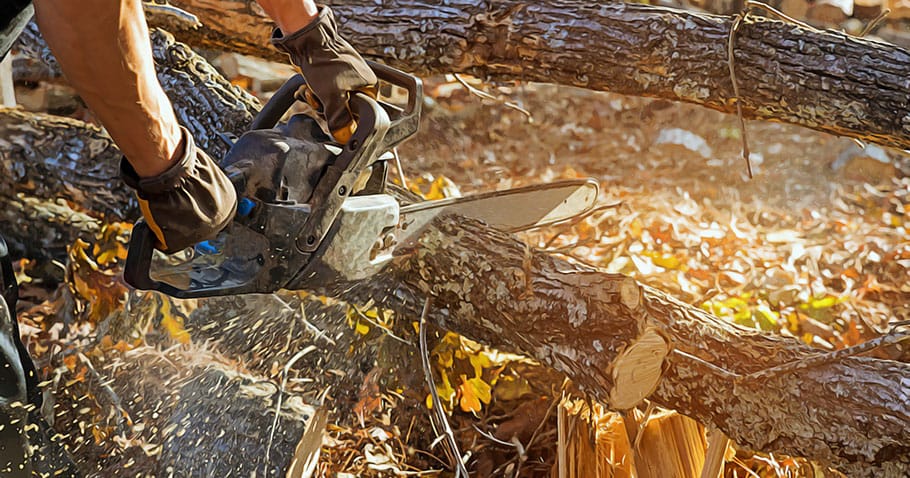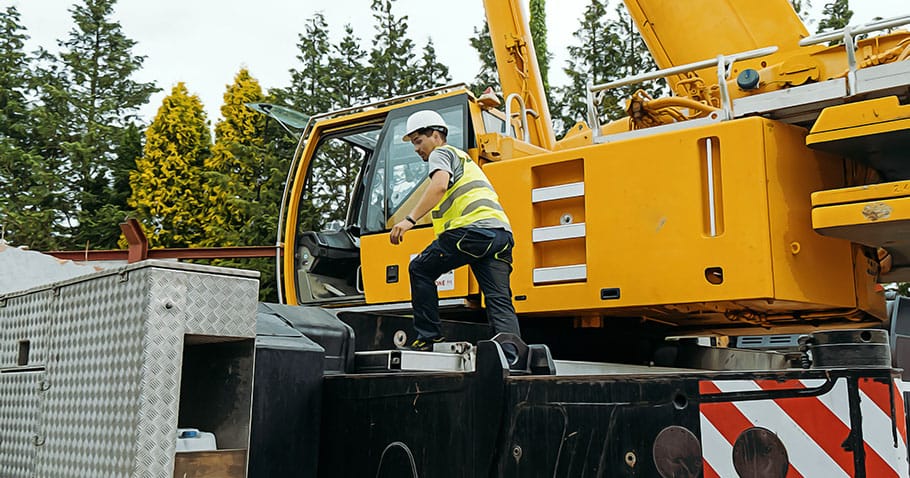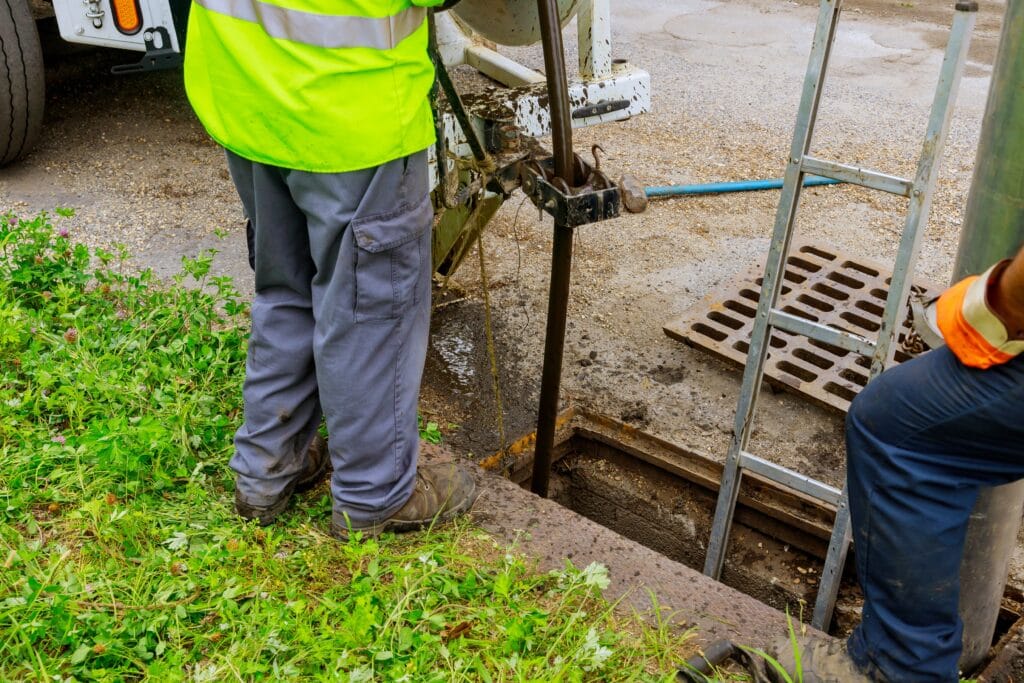Best septic pump system practices
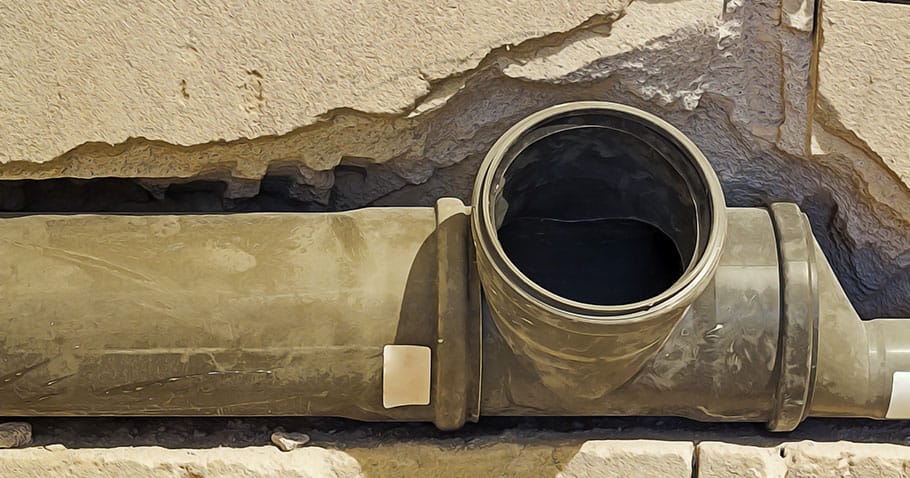
The health of your house and the surroundings depends on you keeping a septic system intact. Although many homeowners know the fundamentals of septic tank maintenance, environmentally friendly methods can improve system performance and reduce impact on the surroundings. Using sustainable practices and consulting a well pump repair service will enable you to guarantee that your septic system runs efficiently and lowers the pollution and contamination concerns.
Septic System and Applied Uses
Understanding how a septic system works helps one to value the need of environmentally friendly methods. Wastewater from your house is handled by a septic system, which separates particles from liquids and treats the effluent prior to ground release.
Solids settle at the bottom of a septic tank with this system, while liquid effluent is distributed into the soil via a drain field. Inappropriate maintenance of the system could cause it to overload, resulting in leaks, backups, and maybe groundwater contamination.Using environmentally friendly cleaning methods not only extends the life of your sewage system but also helps nearby ecosystems. You help to create a better surroundings by being aware of what you feed your septic system and how you treat it.
Consumption of Water Mindfully
Being aware of water consumption is one of the most efficient environmentally friendly habits for maintaining a septic system. Too much water getting into the septic tank could overload the system and cause breakdown. Install low-flow equipment like toilets, showerheads, and faucets to cut water use. Without compromising performance, these fixtures can greatly cut the water consumption.
Fixing leaks right away helps to control water use as well. Although a running toilet or a dripping faucet would seem like little annoyance, daily water waste from these leaks could be gallons. Check your plumbing often for leaks; fix them as necessary.
Apart from interior water preservation, consider your water usage outside. If you have a lawn or garden, think about watering in the cooler portions of the day to cut evaporation. Using rain barrels to gather water can also help your septic system load less while nevertheless providing a sustainable supply for watering your plants.
Selecting Green Cleaning Agents
Many home cleaning agents include strong chemicals that could throw your septic system’s natural balance off. Wastewater treatment and garbage breaking down depend on these bacteria. Selecting environmentally friendly cleaning solutions helps to preserve the environment’s and your septic system’s health.
Seek non-toxic, biodegradable cleaning products. Without endangering your septic system, vinegar, baking soda, and lemon juice can clean many surfaces rather well. Many brands today provide environmentally responsible choices if you want commercial products. To make sure a product is septic-safe, always check labels.
Steer clear of emptying dangerous cleansers or chemicals down the drain. This covers solvents, bleach, and antibacterial agents. Rather, dispose of these drugs correctly in line with local rules. Little adjustments to your cleaning schedule will assist preserve the local ecology and your septic system.
Frequent inspections and pumping
Maintaining a good septic system depends critically on routine inspections and well pump installation Monrovia. Planned inspections let experts find possible issues before they become more serious. A professional can check the drain field, verify everything is running as it should, and examine the tank’s levels during an examination.
Depending on your house size and water consumption, pumping your septic tank every three to five years is also quite essential. Solids can pass into the drain field when the tank fills, causing obstructions and backups. Frequent pumping guarantees effective operation of your system and helps avoid these problems.
Look for a septic service provider you want to deal with that stresses environmentally friendly methods if you so like. Certain companies pump and dispose of trash using environmentally friendly techniques. They might also provide services meant to help you lower your environmental impact, such biogas generation or composting of the pumped trash.
Using Waste Responsibly
Another key component of environmentally friendly septic care is knowing what ends up down your drains. Many home products might damage your septic system if thrown away incorrectly. For non-biodegradable materials like paper towels, feminine hygiene products, or wipes, for instance, flushing can cause clogs and backlog. Teach your family what can and cannot be flushed to help to avoid these problems.
Additionally crucial is to cut back on using garbage disposals. Although they are handy, they can also cause more solid waste to find their way into your septic tank. Rather, think about running a backyard compost or composting food wastes. This lightens your septic system’s burden and generates nutrient-dense compost for your garden.
One further habit to take under consideration is avoiding utilizing septic tank chemicals. Many items promise to increase your system’s efficiency, but they could throw off the normal bacterial processes. Usually, a well-maintaining septic system does not call for additives. Instead pay attention to consistent pumping and inspections; trust the natural decomposition of waste.
Landscape Design with Septic in Mind
Particularly in cases of a drain field, landscaping can greatly affect your septic system. Steer clear of deep-rooted bushes or shrubs near the drain field since their roots might compromise the pipes and damage this region. Choose instead low-key grass or shallow-rooted plants that won’t disrupt the system.
When planning your home landscape, give native plants some thought. Native species are sustainable since they are suited for the local environment and usually demand less water and care. They also support local fauna, therefore augmenting the biodiversity.
Furthermore stay away from applying pesticides and chemical fertilizers in your garden as these could drain into the earth and poll groundwater. Rather, concentrate on using organic gardening techniques, which enhance soil quality without compromising your septic system. Reducing waste and enriching your garden soil can also come from composting yard waste and kitchen trash.
Teaching Your House
Implementing environmentally friendly habits depends on everyone in your home learning about septic system upkeep. Make sure everyone recognizes the need of careful water use, appropriate garbage disposal, and the effects on the system of cleaning agents. Developing these routines will help your septic system last far longer.
Make a list or guide with cleaning supplies and what is safe to flush. Urge family members to help to preserve the system and save water actively. When everyone realizes their part in maintaining the septic system, your house will develop in responsibility and community.
Conclusion
Adopting environmentally friendly methods for septic system maintenance not only helps the surroundings but also guarantees the health of your house. Your septic system’s efficiency will be much enhanced by being aware of water use, selecting safe cleaning agents, planning frequent inspections and pumping, waste management, intelligent landscaping, and household education.
These little adjustments can have a big influence on the ecology and make sure your septic system runs for years to come. Giving sustainable methods a priority during well pump replacement Middletown helps to create a cleaner, safer environment for next generations.



